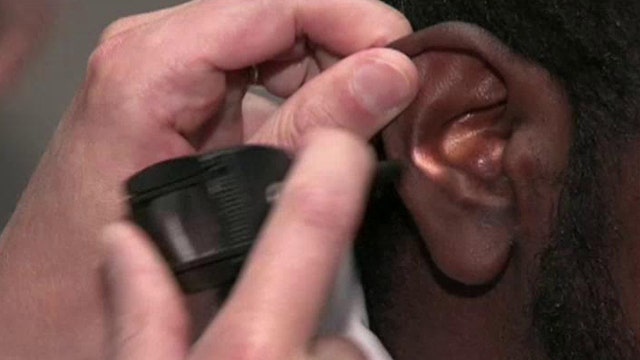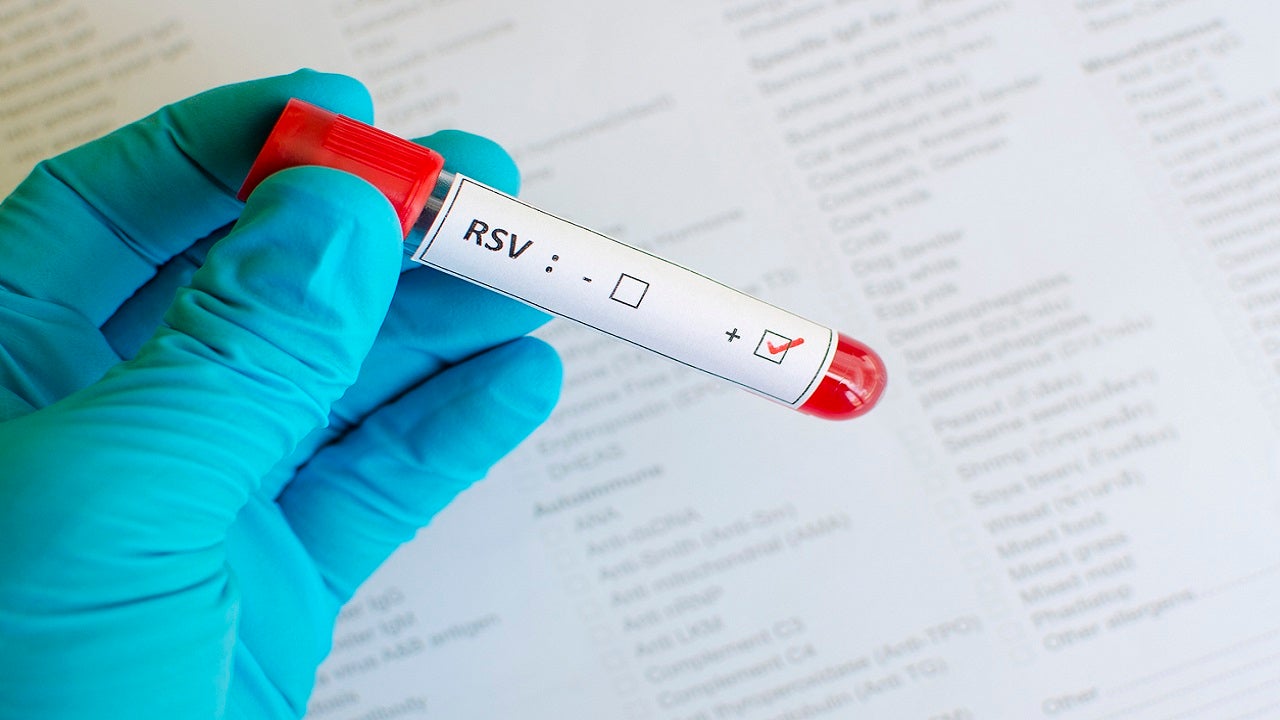Men with higher levels of natural-science are more likely to have more than one reproductive-health at the same time, researchers say.
According to a recent study published in The Journal of Sex Research, testosterone in women has been linked with “solo sex” or relationships” target=”_blank”>same-sex relationships<
The team – from the London School of Hygiene and Tropical Medicine (LSHTM), UCL, University of Manchester and the National Centre for Social Research (NatCen) – used data from the third British National Survey of Sexual Attitudes and Lifestyles to examine associations between testosterone levels and sexual function and behavior.
Single morning saliva samples were self-collected from participants, aged 18 to 74 years, and analyzed using mass spectrometry. There were 1,599 men and 2,123 women were included in the analysis and 40.6% of those invited to provide a sample.
“We adjusted for confounders in a stepwise manner: in model [one] we adjusted for age only; model [two] for age, season and relationship status, and model [three] we added BMI and self-reported health,” the authors wrote.
The group used questionnaires to investigate potential links between androgen quantity and how a person’s sexuality was expressed.
LOW-DOSE ASPIRIN SHOULD NO LONGER BE TAKEN TO PREVENT FIRST HEART ATTACK, STROKE: PANEL
In the models, the researchers found that salivary testosterone was positively associated with both partnered sex (vaginal sex and concurrent partners) and masturbation.”
“Among women, [salivary testosterone] was positively associated with masturbation, the only association with partnered sex was with ever experience of same-sex sex. We found no clear association between [salivary testosterone] and sexual function,” they said,
In addition, among men, a “weak association” was observed between higher levels of salivary testosterone and having had a sex-sex partner in the past five years – though the proportion reporting a same-sex partner in the past five years was low – and significant associations were also seen between salivary testosterone and the acceptance of one-night stands and of non-exclusivity in marriage, with men reportedly “endorsing these more permissive attitudes to sex having higher mean [salivary testosterone] than those who did not.”
 Video
Video
Participants with at least one sexual partner in the years before the probe were asked about issues like lacking interest in having sex or trouble getting or keeping an erection.
CLICK HERE TO GET THE FOX NEWS APP
Testosterone has largely been regarded as the biological driver of libido in men – though evidence about that is inconclusive and its role in female sexual desire is less understood.
Men make testosterone in the testicles and adrenal glands and women create small amounts in the adrenal glands and ovaries.
 Iktodaypk Latest international news, sport and comment
Iktodaypk Latest international news, sport and comment






